Heat Pump Water Heaters Pros And Cons
Here we share our heat pump water heaters pros and cons including what it is, how a heat pump water heater works, advantages & disadvantages, lifespan, and cost.
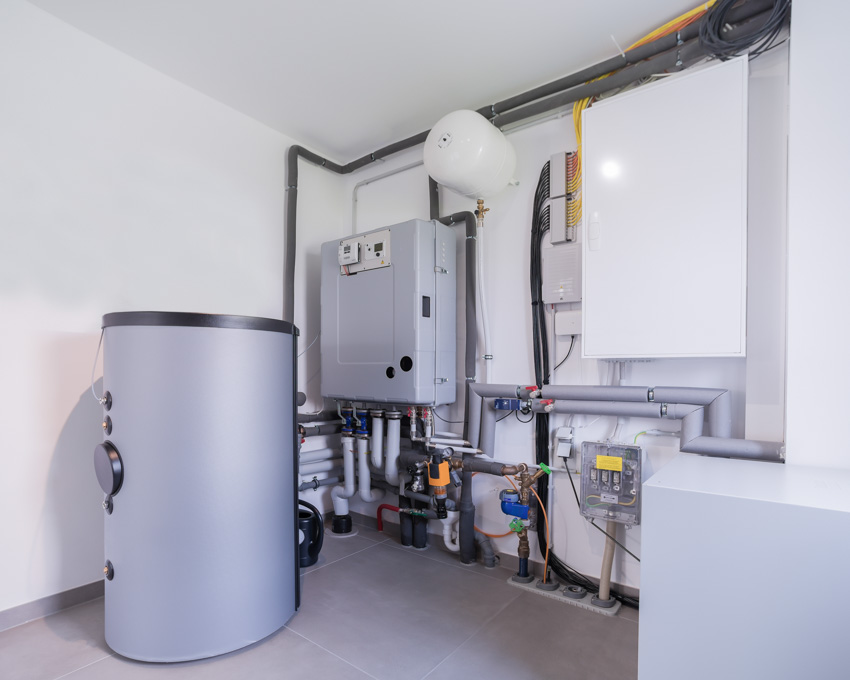 You may stand in a cold shower if your water heater fails before it reaches the end of its 10-year lifetime. The heater’s tank has rusted through, resulting in a damp mess in your basement, garage, or utility room and extra drywall restoration and carpet cleaning costs.
You may stand in a cold shower if your water heater fails before it reaches the end of its 10-year lifetime. The heater’s tank has rusted through, resulting in a damp mess in your basement, garage, or utility room and extra drywall restoration and carpet cleaning costs.
Still, most people are hesitant to invest money to replace a working water heater; it is analogous to replacing a roof—why repair something that is not leaking?
However, replacing your old electric water heater with a new one that utilizes a heat pump and the air in your house to warm water can benefit both your wallet and the environment. [toc]
What Is a Heat Pump Water Heater?
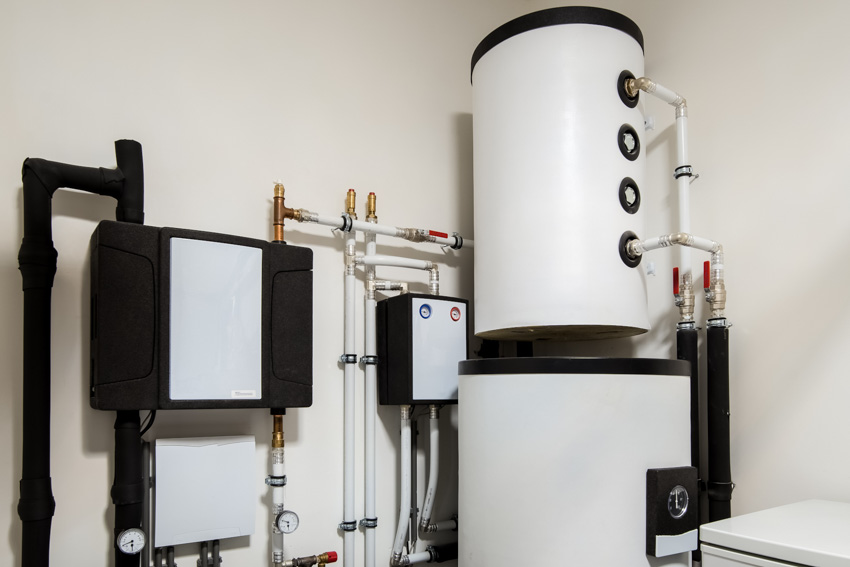
A heat pump water heater transfers heat in a storage tank, similar to a refrigerator. An integrated unit is available for a heat pump water heater with a built-in water storage tank and backup resistance heating elements.
You may also retrofit a heat pump to operate with an existing traditional storage water heater. Installing them in an area with a lot of heat, such as a furnace room, will help them work more efficiently.
You can also install an air-source heat pump system that combines heating, cooling, and water heating. In the winter, these combination systems extract heat from the outside air, while in the summer, they pull heat from the interior air. An air-source heat pump system works more effectively in a hot region since it removes heat from the air.
Some people generally use geothermal pumps and add a desuperheater to a geothermal heat pump system for water heating. The hot water goes via a conduit to the house’s storage water heater tank.
The desuperheater utilizes the extra heat that would otherwise eject to the ground. The geothermal heat pump may be able to provide the majority of your hot water demands if it is used often throughout the summer.
When the desuperheater is not generating as much surplus heat in the autumn, winter, and spring, you will need to depend more on your storage or demand a water heater. To supply all of a household’s hot water demands, they employ a separate heat exchanger.
How Does a Thermal Pump Water Boiler Work?
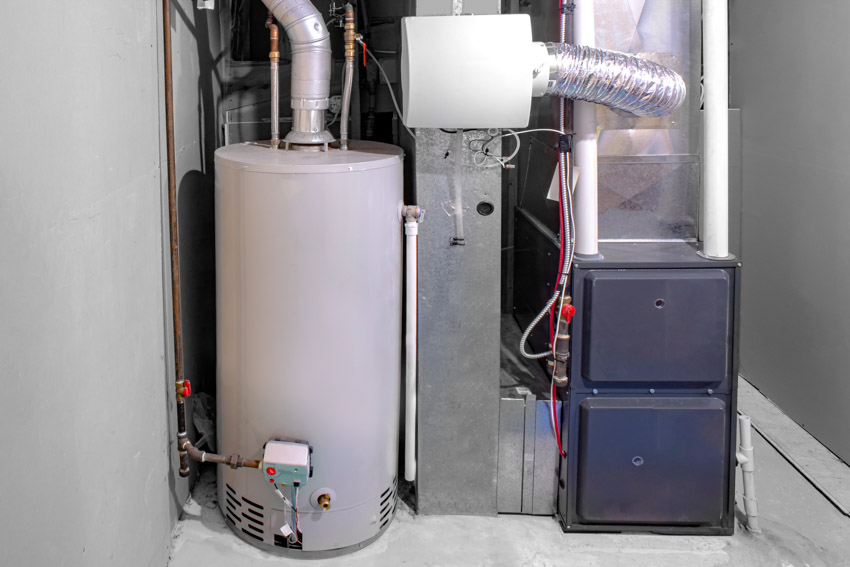
A heat pump water heater utilizes energy to extract ambient air and circulate it through the pump, raising the temperature, emptying it into the water tank, and heating household hot water.
A heat pump water heater functions similarly to a refrigerator but in reverse. A heat pump water heater pulls in ambient air from the outside and heats it inside, rather than taking hot air from the inside and discharging it outside.
Advantages of a Thermal Water Boiler
Here are the heat pump water heater pros and cons starting with the pros.
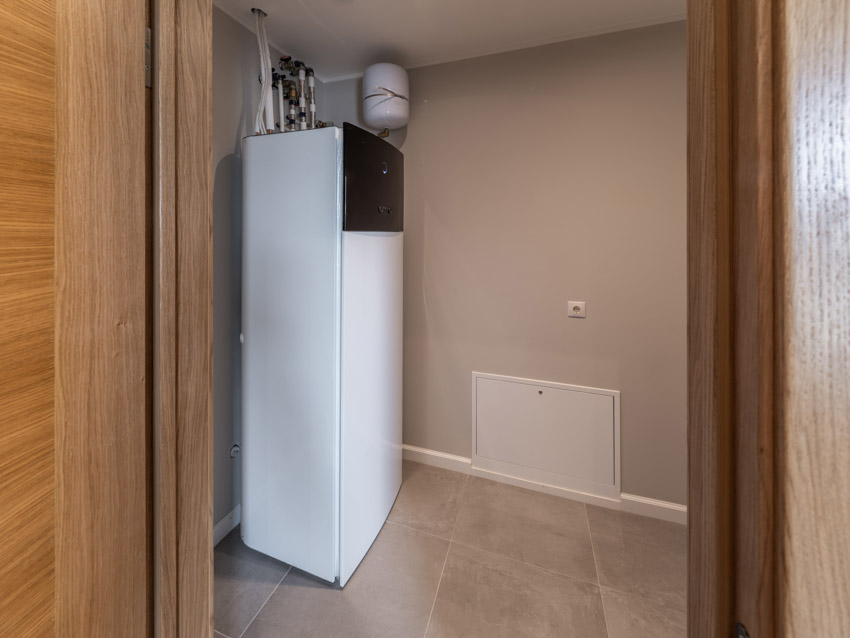
• It is one of the most cost-effective and energy-efficient water heating systems. Rather than exerting effort to create heat, they extract it from the air around them – which may include waste heat from a nearby furnace. You will reduce your electric water heating expenditures by up to 50%
• It is long-lasting: If properly built and maintained, a heat pump water heater should last 15 years. However, depending on how frequently you use it and other circumstances specific to your house, it might survive for 20 years.
• It has options such as “vacation mode,” which saves energy while you’re gone and ensures you have hot water when you return, which is programmable.
• It dehumidifies moist areas like a cellar, most types of attics, or an unconditioned area.
• They are safe and environmentally friendly. Since it does not produce heat, the device will not be hot on the exterior, making it a safer alternative for dogs and children.
You don’t produce as much pollution as you would if you used gas or electrical product to do this work since you are utilizing a natural energy source. As a result, you may feel good about reducing your carbon footprint and helping to make the planet a little cleaner.
Disadvantages of a Hydronic Heat Water System
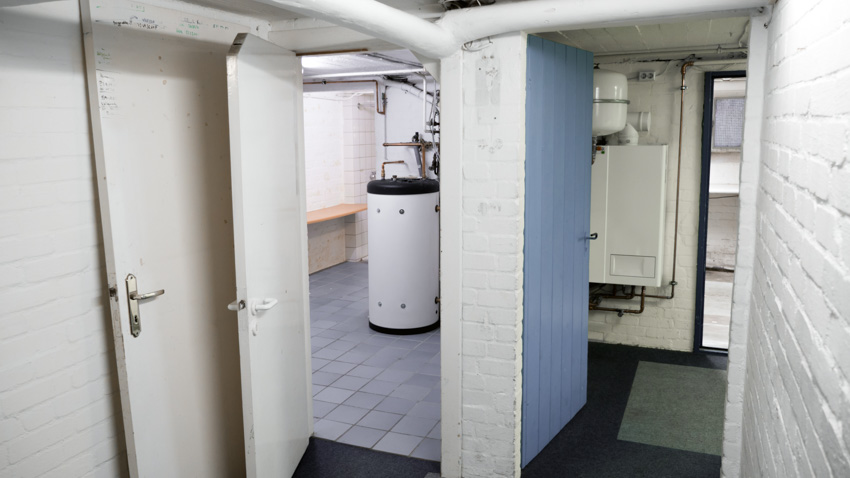
• Heat pump water heaters are expensive: They may be twice as expensive as electric resistance ones. That alone may cause you to reconsider if this is a realistic alternative, but sometimes you have to consider the broader picture.
The initial expenditures of a heat pump water heater are more significant, but consider how much less money you will spend on electricity each year.
The unit might pay for itself in a few years, giving you a decade or more of savings. A heat pump type may be a sensible investment if you can afford it, but it is not in everyone’s budget.
A heat pump unit is still less expensive and more efficient than a tankless water heater which does not use a tank and provides hot water on-demand.
• When demand is high, it may not be able to keep up: More significant amounts of hot water might take a long time to generate with heat pump water heaters. It may be a problem in the winter when the air is chilly.
During peak periods, this kind of water heater may not keep up with demand which is especially aggravating if you have a big family and everyone wants a shower. You will need to allow your heat pump model some time to recuperate if this occurs.
Cost of Heat Conversion Hot Water System
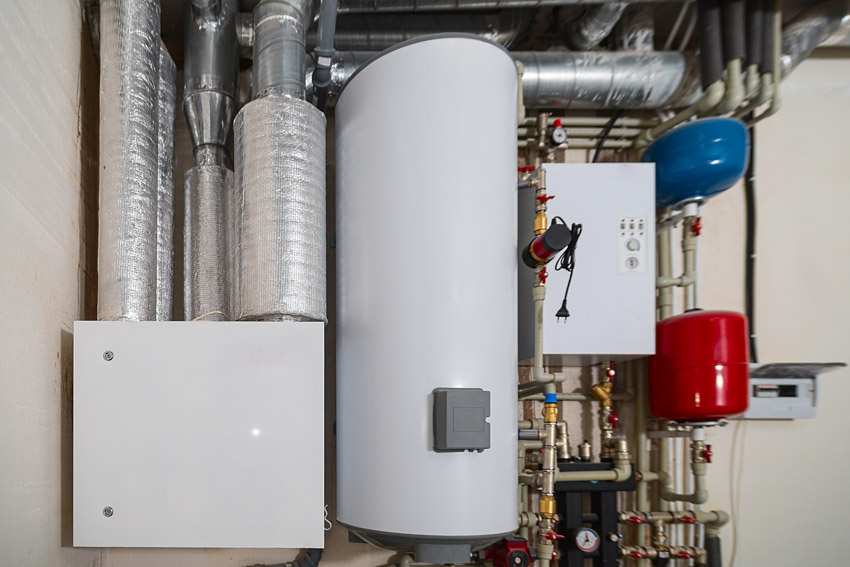
The typical cost of expert water heater installation is $700 and $900. When selecting a skilled technician to install your water heater, keep the following in mind:
• Make a written request for estimates.
• Request a list of references.
• Make sure they verify with the Better Business Bureau in your area.
• Ensure they get the necessary permissions and are familiar with local construction rules.
How Much Does A Heat Pumped Water System Save?
Although a heat pump water heater has a higher initial cost than a traditional storage water heater, buying a heat pump water heater for your house will save you money over the long run.
The heat pump reduces running expenses by using heat from inside and outside your house, balancing the higher purchase and installation costs. It may save you hundreds of pesos every month and up to 75% on energy compared to traditional heaters.
The Coefficient of Performance (also known as COP) measures a heat pump’s efficiency. It shows how much usable heat per watt of energy it can create. It controls how efficiently a heat pump moves heat from one location to another using electricity.
The COP of a heat pump unit should be about 2.0. Any heat pump with a COP of more than 3 is inherently energy-efficient. The higher the COP value, the more efficient the system is and the lower the yearly operating cost.
Many of you who want to minimize your emissions will find that the extra $400-$1200 cost of a heat pump water heater is well worth it. You will reduce your home’s emissions by 30%, remove harmful and dangerous gas from your garage or water heater utility closet, and eliminate a source of smog.
You may believe that energy costs will rise, so gas appliance adoption will decline. Carbon costs may arise, and the progressive shift away from gas types of appliances will raise gas prices even if they don’t. You will remain ahead of the curve if you convert today.
You may also think about the expense of the carbon dioxide you would release if you used gas to heat your water. A gas tank water heater emits roughly 11 tonnes of carbon dioxide. It would cost roughly $12,000 today to extract as much carbon and store it underground.
That’s why even with all of these heat pump water heaters pros and cons, this fixture still offers excellent value! Alternatively, many economists think the government should tax our emissions at $50-$100 per tonne, corresponding to the difference in cost. Finally, keep in mind that green improvements like these may boost the value of your property.
How Long Will a Heat Converter Water Generator Last?
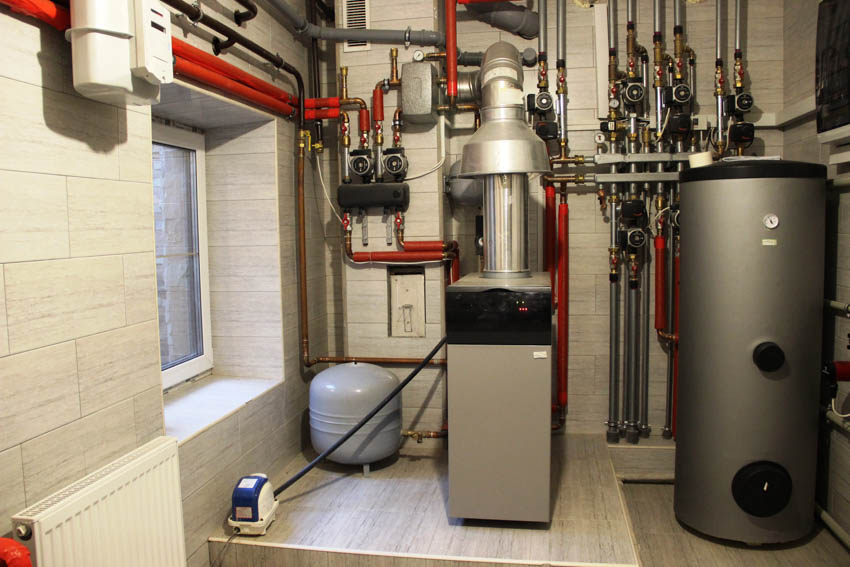
Along with its heat pump water heaters pros and cons, this fixture is still an excellent investment because of its extended life expectancy and energy savings. Whether your heat pump lives up to or surpasses its predicted lifetime is determined by a variety of variables, the three most significant of which are:
• Build quality: You get what you pay for; a less expensive item will have less durable components. Alternatively, you will make it with less stringent quality control, which will impact total component integration.
• Environmental factors: The longer you use the heat pump, the faster it will break down. Ambient temperature impacts how hard a heat pump needs to work.
It will have to work harder and wear out sooner if it works in a freezing environment (close to its lowest operating temperature).
• Maintenance: Your heat pump’s maintenance quality is the last determinant of how long it will survive. A well-maintained appliance may easily outlast its original design life.
Hot Water Pump Vs. Thermal Boiler
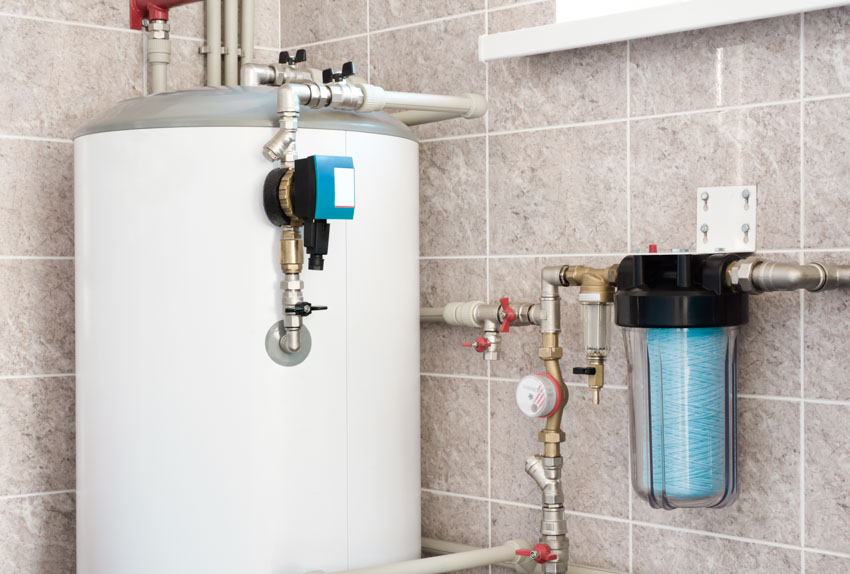
The heat pump is very efficient because it can transmit significantly higher heat energy from the surrounding air to the water. The temperature of the surrounding environment determines the quantity of heat that you may transmit from air to water.
A heat pump is a device that moves heat to adjust the climate control. Heat pumps can transfer heat from chilly areas to warm ones, making the warm environment warmer and the cool space cooler. This method is beneficial for managing residential temperatures.
Water heaters utilize electricity or gas to heat water, while heat pumps use readily accessible hot air to heat and cool rooms. A heat pump and a water heater combine the heat pump water heater.
Is A Hybrid Water Heater Worth it
What is a hybrid water heater? A hybrid electric water heater combines a heat pump with a storage tank. Rather than utilizing electrical resistance to heat the water in the tank (i.e., passing a current through heating elements to make them hot), the water heater uses a heat pump to extract heat from the surrounding air.
The heat pump’s refrigerant absorbs heat from the environment and transmits it to a heat exchanger, releasing it into the tank to increase the water temperature.
What are the advantages of utilizing a solar water heater over a traditional electric one? It saves a great deal of energy. Electrical resistance heating necessitates a significant amount of energy. A hybrid water heater may save money: throughout the unit’s lifespan, an average family of four can save roughly $3,500.
That is a terrific deal, but will it perform the work required? The main issue with a hybrid system is it is not appropriate for every house. It is better to stay with gas versions if you use a natural gas water heater since you have access to a gas line. For an all-electric house, a hybrid heat pump is the best option.
The system must also have enough room in your house. Because it must collect heat from the air to function, a hybrid water heater needs a larger open space surrounding it. The water heater will lose efficiency if kept in a tiny closet.
Another consideration is that hybrids are higher than storage tank types. Finally, the ambient air temperature must be high enough to provide enough thermal energy for the heat pump water heater to operate.
Are there any heat pump water heater pros and cons that we missed? Do you prefer a particular type, if so share your thoughts in the comments below. For more related content visit our article about water heater dimensions on this page.


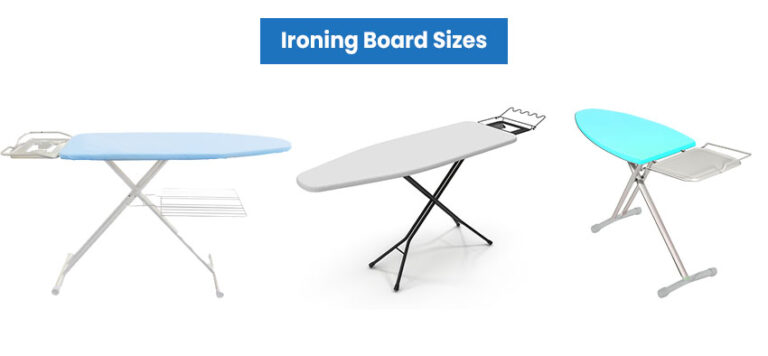
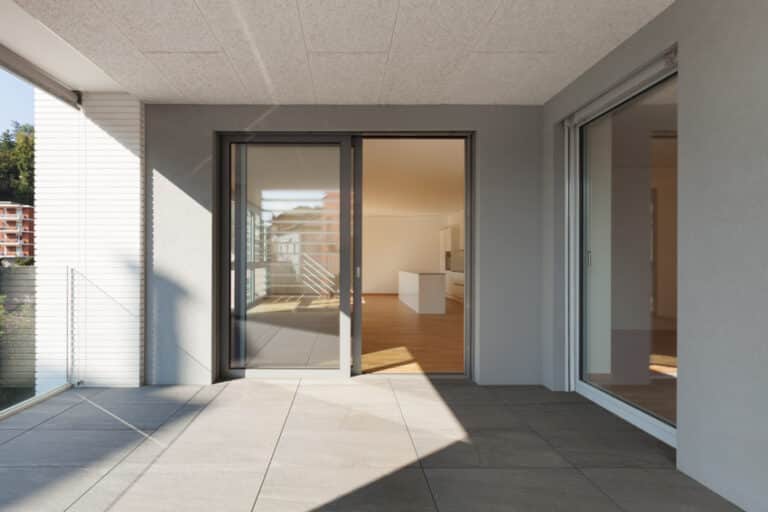

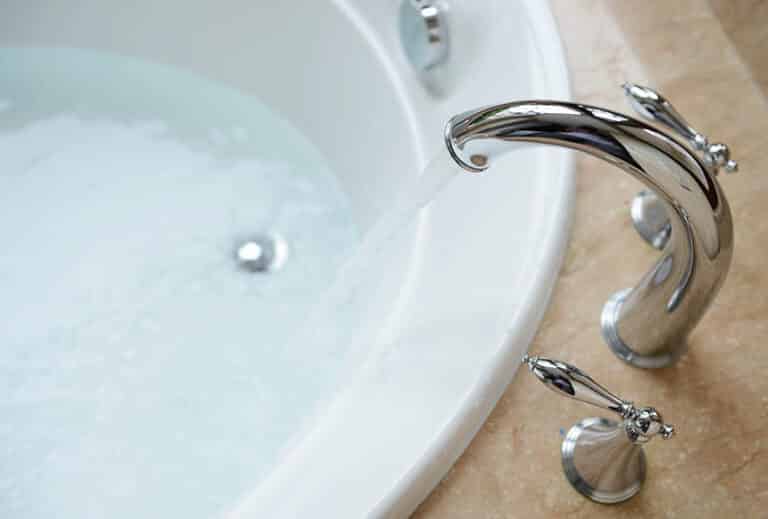
What is the noise level of heat pump water heaters?